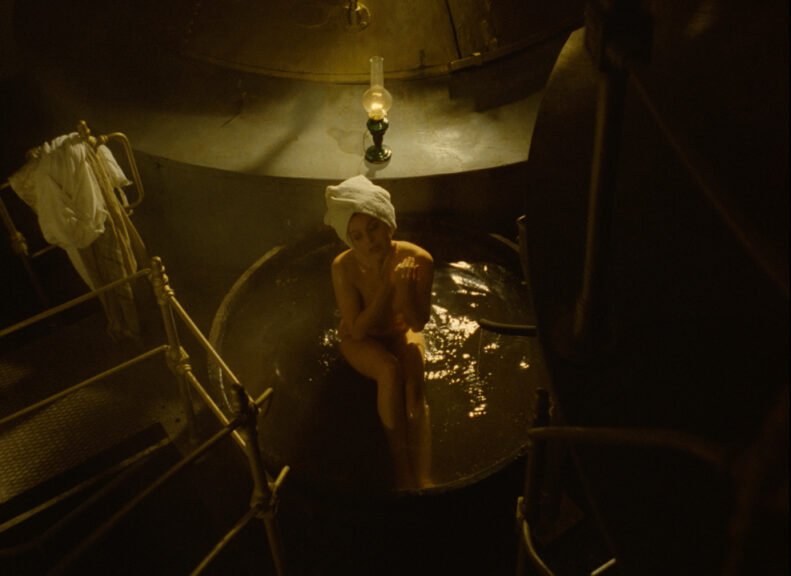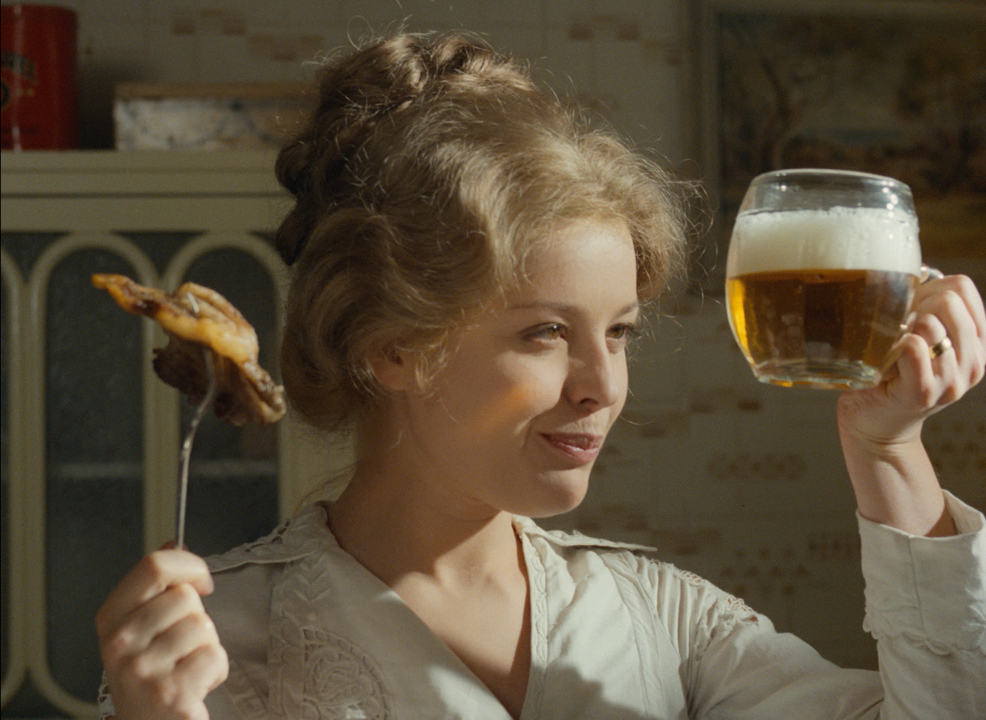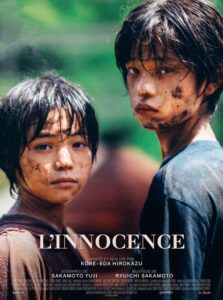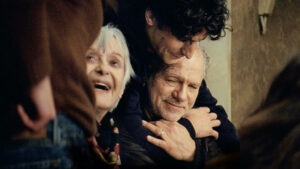As with Closely Watched Trains (1966, Belles mécaniques) and Larks on a string (1969, Struggles under control), Jirí Menzel once again adapted a novel by Bohumil Hrabal (The Sacrificial Hair, 1974) for the big screen. Here again, Hrabal co-wrote the screenplay for the film entitled Cutting it short (1981). This collaboration was well established, fruitful and always effective, since it resulted in Menzel receiving a special mention at the Venice Film Festival in 1981.
In the early twenties, Francin runs the brewery of a small village. His wife Maryška’s hair, a cascade of blonde curls, is the pride of the villagers. She loves beer, sausage and, above all, being surrounded by men, which strongly displeases her husband… Pépin, Francin’s brother, arrives and upsets all this little world…
The opening card of Cutting it short allows the contextualisation and geographical location of the action. In this case, the viewer finds himself immersed in a brewery. The ‘sparkling blonde‘ of the french title is a beer that flows in abundance in these parts and accompanies the pork that is also provided in comfortable quantities. This presentation applies to the first part of the film. Indeed, this feature film directed by Jirí Menzel first cultivates the simple pleasures of the flesh…
The french film’s title is, however, a double entendre as it also refers to the long blonde hair of the female lead, played by Magda Vasaryova. The arrival of her eccentric brother-in-law, Pépin, turns the narrative on its head. Pepin, played by Jaromir Hanzlik, speaks both loudly and a lot, which is probably why he is not called ‘the short one’. The narrative framework becomes blurred, less perceptible through Pépin’s invasive vocalisations.

On the screen, Cutting it short has a certain sensuality, particularly through the physical presence of Vasaryova. There is also a gentle mix of romance and sometimes slapstick comedy in this feature film. The multiple ingredients of the story are subtly served by the quality of the screenplay. Nothing is exaggerated, outrageous or caricatured as usual with Menzel and Hrabal, a duo with an inimitable tone. The film has a nostalgic feel that is not present in the director’s other works. This new fact is most probably related to the source novel, The Sacrificial Hair, an evocative account of the novelist’s provincial childhood memories.
The seemingly simple recipe was nevertheless complex to compose in view of the many ingredients brought together. Everything seems to be suspended in a balance where the lightness of an almost impalpable subject dominates above all. In the end, the narrative moves forward as if it were a tale (for adults). Cutting it short is an ode to life and the pleasures it can bring. It deserves to be consumed and, even more so, to be savoured without moderation.
Finally, the role of the doctor is played by the director’s favourite actor: Rudolf Hrusinsky. He was already one of the main characters in Capricious Summer (1968) and Larks on a string. Numerous other collaborations linked the filmmaker and the actor, particularly during the 1980s.






Be First to Comment